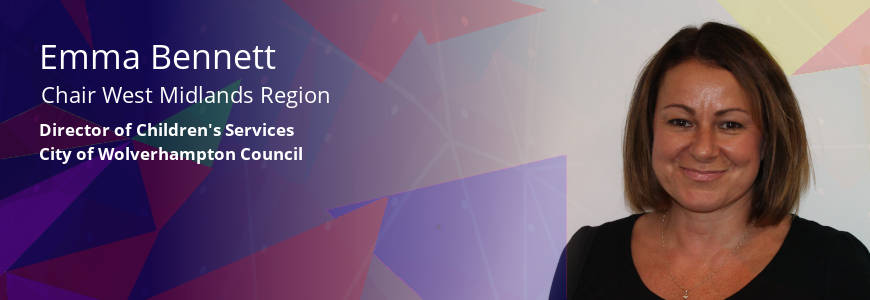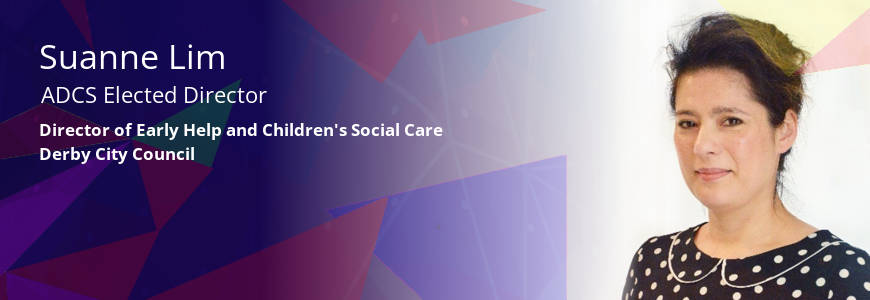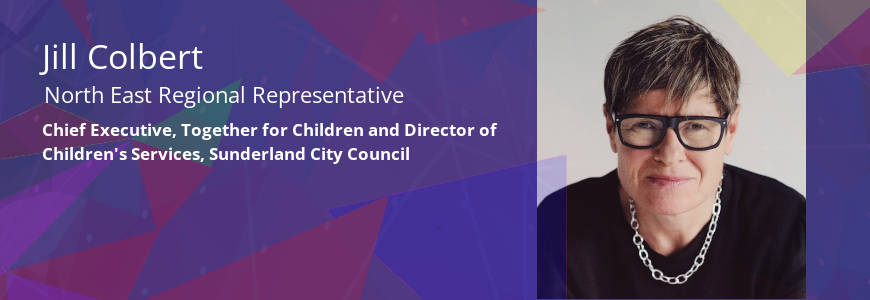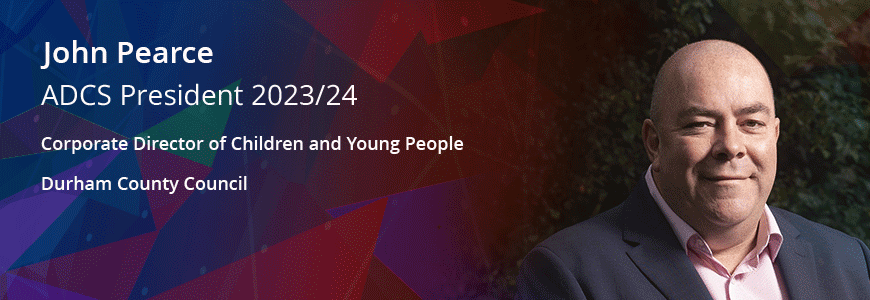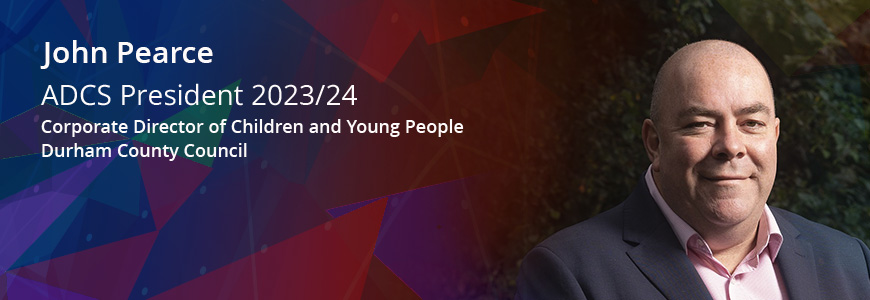Building a workforce for the future
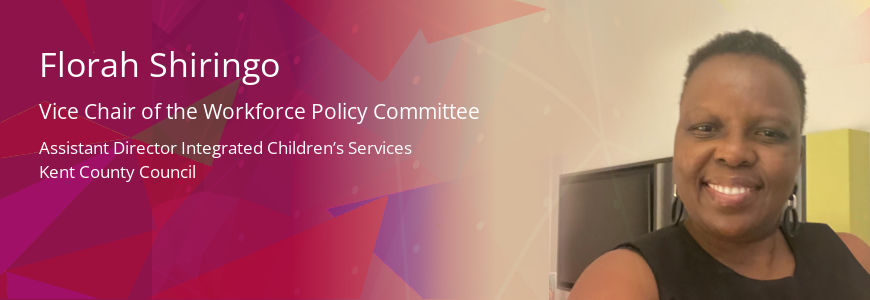
I was recruited as one of 16 international social workers arriving from Southern Africa in 2003. What is striking are the parallels of 20 years ago and now. Key issues for international social workers remain such as arriving in teams that are struggling with recruitment and retention issues and high caseloads whilst being expected to hit the ground running within weeks of arriving.
The number of social workers leaving the profession in the UK has been rising since 2017, and social workers leaving child and family positions in England exceeded new starters in 2022. According to DfE statistics, 5,400 social workers left the profession resulting in a record 7,900 vacancies being reported in 2022, a 21% rise from 2021.This prompted many local authorities to extend their recruitment to international social workers directly or through agencies. These challenges make me reflect on my own experience 20 years ago arriving as an international social worker. Once again this was prompted by a shortage in social workers.
The challenging circumstances that some international social workers joining an LA find themselves in has led to some of my colleagues leaving within months of arriving in the UK, leaving to return home due to poor experiences. If international social workers are part of the workforce for the future, there has to be equal investment in supporting them appropriately by offering a culturally sensitive induction and providing additional resources to work alongside managers to support them both pre and post-arrival.
I am aware of local authorities that have developed a good package of support for international social workers that includes supporting them pre and post-arrival. A strategy that only focuses on recruitment without investing in retention of staff only leads to ongoing staff turnover even after positive recruitment. If we are to build an inclusive workforce for the future, there must be greater thinking about how our workforce is supported according to their needs. The local authority that recruited me 20 years ago was ahead of its time. They provided a 4-week bespoke induction for us as a group, and more importantly dedicated a senior manager to support us for a period of six months post arrival.
I also benefited from having a manager who was supportive, who took their time to build on my experience and therefore gave me confidence to do my job. As a result, I stayed in the local authority for 13 years before I left as a Service Manager. I am here as testimony to others that with the right support it is possible to develop international social workers and that they can be a positive solution to workforce challenges.
There is a role for every leader. In the words of ADCS President, John Pearce, in his blog last month Celebrating diversity and making positive change, ‘as leaders in children’s services, we are at our strongest when we harness and empower the full range of talents across our sector’. For me, this includes how we need to support international social workers to improve staff retention so we can continue to build an inclusive workforce for the future.
Related Blog Articles
Today is World Day for Cultural Diversity for Dialogue and Development; more...
In General
Change these days usually goes hand-in-hand with budget cuts and, very often,...
In Leadership
Like me, many of you might be relieved that a serving MP wasn’t the winner of...
In Leadership
October marks Black History Month, where countries across the world stop and...
In Workforce
As my year as ADCS President draws to a close, I’ve spent some time reflecting...

